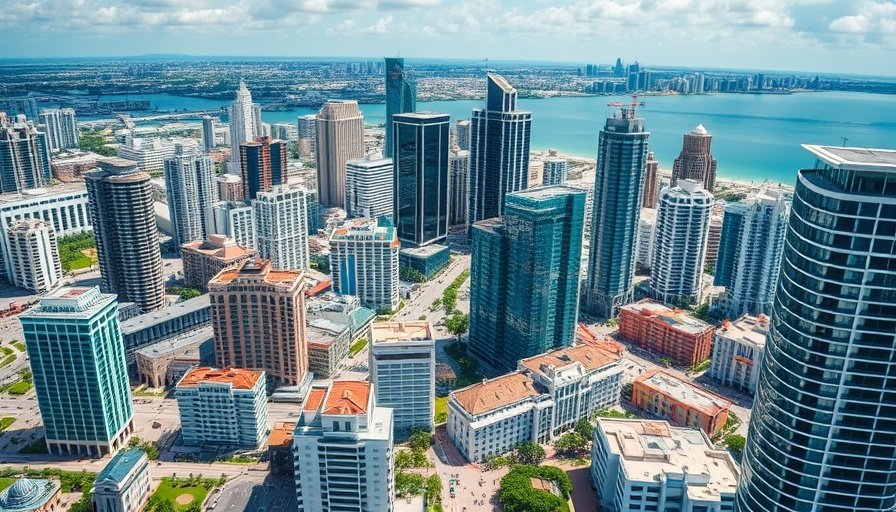
A Setback for the Trump Library Project
A Florida court recently blocked the transfer of city-owned land in Miami intended for former President Donald Trump's presidential library. This decision has sparked considerable debate surrounding the potential impacts on the project, which has been a topic of interest since it was first introduced. While some supporters see it as a vital venture for the city and Trump's legacy, opponents question its implications at both local and national levels.
Controversy Surrounding the Library
The proposal for a Donald Trump library comes amid a charged political environment. Proponents argue that it would serve as a historic preservation tool, providing a venue for education on the Trump administration. However, detractors express concern regarding the political motives behind the project, fearing it could serve as a platform for promoting Trump's controversial policies and legacy.
Impact on Miami’s Political Climate
The court's ruling underscores the ongoing polarization within Miami's political landscape. Activists and local residents have voiced their opposition, alleging that the construction of a library dedicated to Trump might exacerbate existing tensions in the community. With opinions sharply divided, the project continues to highlight broader societal divisions regarding Trump's presidency, prompting discussions about the intersection of local governance and national political identity.
Lessons from Similar Projects
Looking at past presidential libraries, such as those dedicated to Barack Obama or George W. Bush, reveals a pattern of mixed community reactions. These libraries often become focal points for tourism and education, but they also can become sites of controversy. Each project has navigated community concerns, and Miami's experience could serve as a case study on how to approach such initiatives in politically charged climates.
Future Outlook for the Trump Library
The future of the Trump presidential library in Miami remains uncertain after the court's recent decision. The ruling may force stakeholders to rethink their strategies, leading to further negotiations or alternative proposals. It remains crucial for city leaders to engage in active dialogue with Miami residents to address concerns and foster an atmosphere of inclusivity.
Potential Economic Threads
Economic ripple effects surrounding the proposed library may also be significant. Local businesses often see financial benefits from projects like libraries, which can draw tourists and create jobs. However, if tensions continue to rise, it may deter investment in the area. Understanding the implications of such a project on Miami’s economic landscape is essential for city officials planning to move forward.
Conclusions and Community Voices
As the discussions surrounding the Trump library continue, it’s essential to consider a variety of perspectives. Engaging the community in conversations about its necessity and relevance can lead to more comprehensive solutions that reflect the diverse fabric of Miami society. The landscape of American politics is shifting, and how localities respond to the desire for presidential libraries can significantly influence future projects.
Ultimately, the fate of the Trump library will likely reflect broader conversations about how we commemorate our political history. As Miami navigates this complex terrain, it may set a precedent for how other cities handle similar inquiries in years to come.
 Add Row
Add Row  Add
Add 




Write A Comment